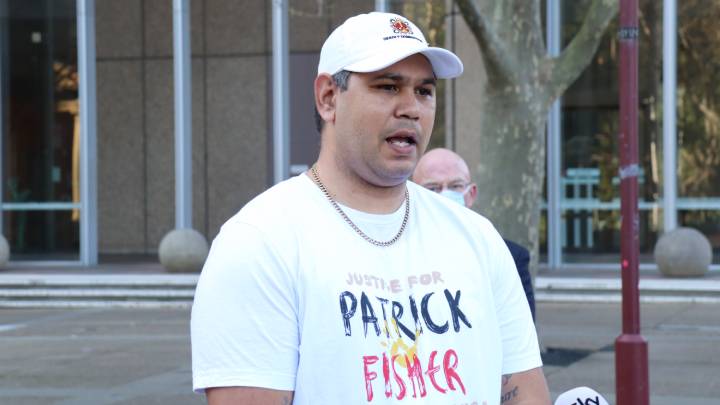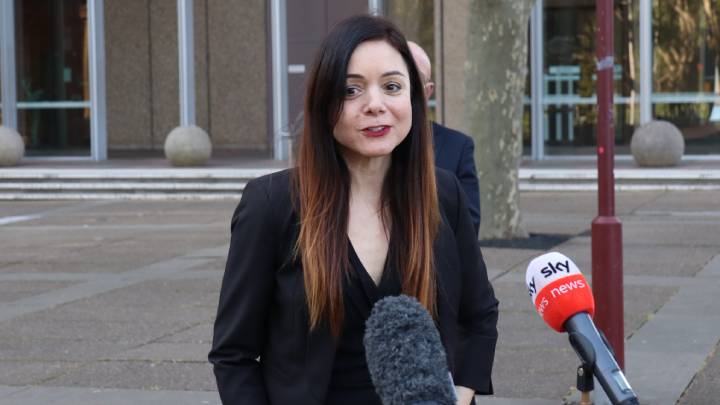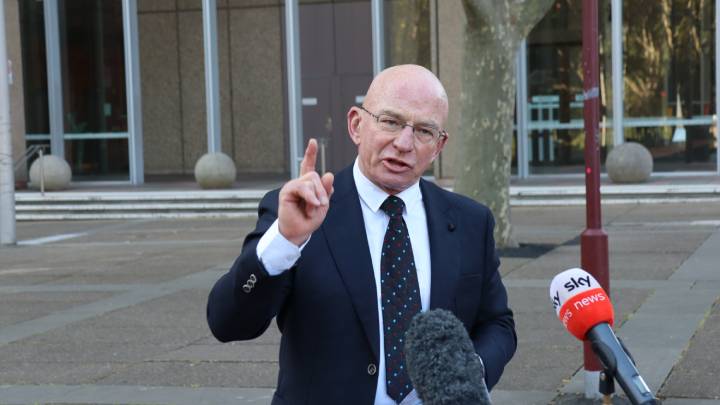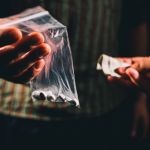Release Nonviolent Inmates Before the Prison COVID Outbreak Explodes

“What happens in prison will ultimately spill out into the community,” said NSW Greens MLC David Shoebridge, as he was referring to the fast-growing COVID-19 outbreak in the state prison system, which sees close to 1 percent of inmates infected.
“There is only one solution on the table with the low vaccination rates, and that is the urgent release of nonviolent offenders from the NSW prison system under parole supervision,” he continued.
Despite 18 months of warnings about the vulnerability of those populations held within these enclosed environments, only a fifth of inmates and 40 percent of Corrective Services NSW (CSNSW) staff have been fully vaccinated.
Shoebridge pointed to a March 2020 enacted law, which provides the CSNSW commissioner with the power to release inmates detained over nonviolent offences, who are at greater COVID risk due to existing medical conditions or vulnerabilities and are eligible for parole within the next 12 months.
Caused by a quarantine breach, the major prison COVID outbreak is at Parklea Correctional Centre, where 77 inmates and three officers are COVID positive. There are 35 active cases at the remand facility in Silverwater. And six prison guards have tested positive to the virus at Bathurst gaol.
However, as Shoebridge stressed before the press out the front of the NSW Supreme Court on Wednesday, “What the government has said is they are going to wait for the health situation to get worse in prison before they take any steps.”
Compounding injustice
“I am urging the government and the department to give us their plan for vaccinating Aboriginal inmates across the state,” outlined Keenan Mundine, co-founder of Deadly Connections. “And what are the numbers you are looking for to action this release that has been legislated by parliament?”
The Biripi and Waka Waka man stressed “how vulnerable Aboriginal members are in the community”, and “when they’re in custody that’s exacerbated through the roof”. Mundine added that currently under the statewide prison lockdown, inmates are shut away in cells with no support.

BOCSAR figures show that in June, there were 13,066 adult prisoners in the NSW prison system, and 3,413 of them – or 26 percent – were First Nations people. This is despite Aboriginal and Torres Strait Islander people accounting for just 3 percent of the overall population in this state.
And due to the ravages of over two centuries of the continuing colonial project on this continent, First Nations people have much poorer health outcomes than their non-Indigenous counterparts, which leaves them at a heightened state of vulnerability during the current pandemic.
The crisis is of particular concern to Keenan. “My brother was admitted to prison about four weeks ago, and I just received a phone call from him before this press conference, and they still have not asked my brother if he wants to be vaccinated or when he will be vaccinated,” he told reporters.
Sitting ducks
Acting CSNSW commissioner Kevin Corcoran told the Herald that the use of the emergency release powers has been considered. And while a thousand inmates could qualify, a full assessment would likely cut this back to 200. And as this small number is unlikely to impact, they’re going to sit it out.
UTS Law Professor Thalia Anthony made clear that despite three open letters released last year, which called on the Berejiklian government to do something about the prison situation in relation to the virus, it has chosen to do nothing.
“These are highly overcrowded environments, where there’s no capacity to socially isolate, no ventilation, and no access to community healthcare,” Anthony said. “We know internationally that people in prisons are ten times more likely to be infected than in the general community.”

In the US, around 170,000 low-risk inmates were released from prisons nationwide last year. This left all state prison systems with around 11 percent less inmates. While a global analysis found that 475,000 prisoners were released in 53 jurisdictions globally over March through to July 2020.
The professor announced that another open letter is being released with four recommendations to ease the crisis. The first is to release nonviolent inmates. The next is for the rapid vaccination of people in prison to take place. The third demand is community healthcare for inmates with COVID.
And “there needs to be the availability to access supports and services while people are in lockdown”, Anthony underscored. “They are sitting in cells for over 23 hours a day. We are worried about potential suicides.”
Blood on their hands
As Justice Action coordinator Brett Collins put it to the press, this “situation that was avoidable, and now has become inevitable,” sees inmates left sitting in overcrowded cells waiting for the crisis to “explode”, with no ability to take the pandemic protection measures recommended on the outside.
“We have the commissioner talking in terms of releasing only 200 people, when we have these people two and three to a cell, unable to socially distance,” Collins maintained. “This is a situation for which the government itself must accept responsibility. They could foresee this.”

ATAGI (the Australian Technical Advisory Group on Immunisation) issued advice last November that suggested the government needed to prioritise the vaccination of prisoners due to the increased risk the virus posed to populations in enclosed environments.
As Human Rights Watch pointed out on Wednesday, when the federal health minister Greg Hunt rolled out Phase 1B of the Morrison government’s vaccination plan, prisoners weren’t included as a priority group.
Department of Communities and Justice secretary Michael Coutts-Trotter told a budget estimates hearing at NSW parliament on Wednesday that state correctional facilities were far from overcrowded, and while the release powers may be exercised, that’s a long way off.
“This is a government crime. The deaths will be on the government’s hands. And it was totally foreseeable,” Collins continued. “They must release the prisoners now, otherwise they will have their deaths on their hands.”
“What is quite clear at this stage is that we are at the cusp of infections that could affect the prison system entirely,” he concluded.







